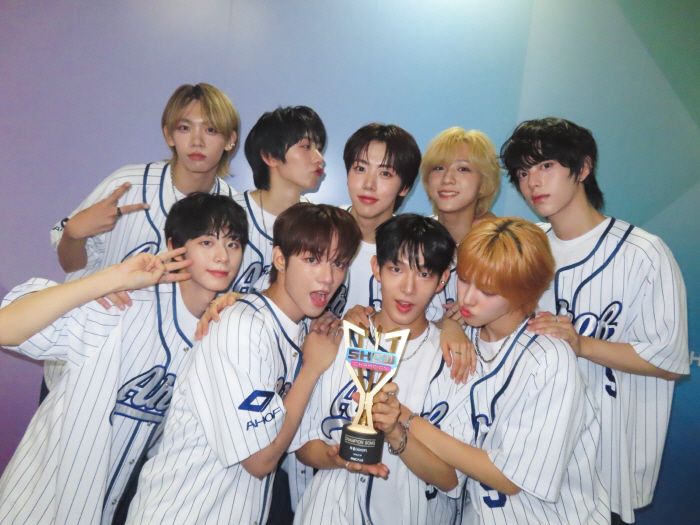
By Allen OLAYIWOLA
The modern workplace is unrecognizable compared to five years ago. Agile work approaches are no longer just a trend; they have become essential, particularly in a rapidly changing economy such as Ghana's. With remote work, flexible hours, and technology-driven collaboration becoming standard, the question now is no longerif\xa0businesses should adapt, but\xa0how quicklythey can.
To fulfill the commitment to agility, Ghanaian companies must move past policy. They should adopt the appropriate technologies that drive collaboration, automation, and creativity. Here are five major technology trends transforming the agile work environment in Ghana and how local businesses can fully benefit from them.
- Technology for collaboration – Fostering connectivity between regions
Digital meeting spaces such as Microsoft Teams, Zoom, and Slack have emerged as essential tools in modern work environments. As remote and hybrid working trends grow in Ghana, these platforms are becoming increasingly important.
Microsoft Teams, for instance, is constantly enhancing its capabilities. In 2025, upcoming updates feature real-time captioning, support for multiple languages, and AI-powered background noise reduction – all aimed at making online meetings as smooth as in-person interactions. No matter if your team is located in Accra, Tamale, or working remotely from Cape Coast, these features enable effortless communication, file sharing, and tracking of work progress. For businesses in Ghana with staff across different regions or consultants abroad, it's a significant advancement.
- Automated processes – Enhancing productivity for expansion
Agile work focuses on speed and accuracy. Workflow automation helps companies anticipate delays, minimize mistakes, and make the best use of time.
Imagine this: customer service inquiries are automatically sorted and directed to the appropriate agent; bills are handled without any human involvement; alerts are set up and sent without any effort required. This is already taking place in Ghana's banking, telecommunications, and online commerce industries. While the upfront cost of automation might appear high, it leads to long-term savings by minimizing the need for additional employees and allowing your team to concentrate on strategic tasks that truly add value. More small and medium-sized enterprises in Ghana are beginning to adopt automation solutions for managing stock, customer relationship management, payroll, and transportation.
- Artificial Intelligence (AI): Enhancing Intelligent Work Environments
Artificial intelligence is not concerned with robots taking control. In the Ghanaian work environment, it focuses on enhancing employee efficiency and relieving them of monotonous duties.
Consider Intelligent Virtual Agents (IVAs), which can manage simple questions like "What are your operating hours?" or "How do I reset my password?" These bots never become exhausted, never miss a script, and provide 24/7 assistance. This allows your human team to concentrate on more complicated customer engagements or business expansion efforts. Across sectors such as fintech and online learning platforms in Ghana, AI is enhancing customer service to be more efficient and adaptable.
- Workforce optimization – Enhancing efficiency from any location
Ghanaian professionals, particularly the younger generation, are seeking more adaptable work arrangements. Agile working focuses on trusting your team to achieve outcomes rather than monitoring hours worked. Workforce optimization tools assist managers in assessing productivity, distributing resources effectively, and identifying performance issues—without the need for constant oversight. Through real-time dashboards, automated timesheets, and performance monitoring, these systems are enabling companies to function more efficiently. Moreover, they contribute to reducing employee exhaustion, increasing engagement, and enhancing retention—key factors in Ghana's competitive job market.
- Abandoning old technology – It's time to move on
Clinging to old systems is a major obstacle to flexibility. However, numerous companies in Ghana still use outdated technology – such as paper files, old software, or outdated equipment.
What's the cost? Increased security vulnerabilities, slower performance, and difficulty in integrating with current platforms. Indeed, sticking with outdated technology hinders the ability to attract younger workers who prefer digital-centric workspaces. It's high time to enhance your infrastructure, move to cloud-based solutions, and provide your team with tools that facilitate modern processes. The worldwide elimination of legacy systems is speeding up, and Ghanaian companies should not fall behind.
Conclusion – The future of employment is flexible – and driven by technology
For businesses in Ghana, being agile goes beyond just being adaptable – it's about strength, quick reaction, and significance. Whether you're a startup in Osu or a medium-sized company in Kumasi, using the appropriate technologies helps you remain competitive in a world that prioritizes digital solutions. By investing in communication tools, utilizing automation and AI, streamlining processes, and moving away from outdated systems, companies in Ghana can build settings where employees excel and clients remain committed.
Focus on efficiency. Embrace flexibility. Plan with the future ahead.
The writer is an experienced cloud architect and systems administrator, known for guiding technical teams in developing creative platforms. As CTO of eSolutions Consulting, he has led significant projects such as the Office 365 implementation for Ghana's government and the setup of infrastructure for the Ghana Revenue Authority.
Known for his effective application of new technologies, Allen has guided his team to several Microsoft Partner of the Year honors, reinforcing his position as a vital leader in technology-based business change. If you're interested in discovering how these approaches can benefit your organization, get in touch to talk about customized solutions for your business development path.








